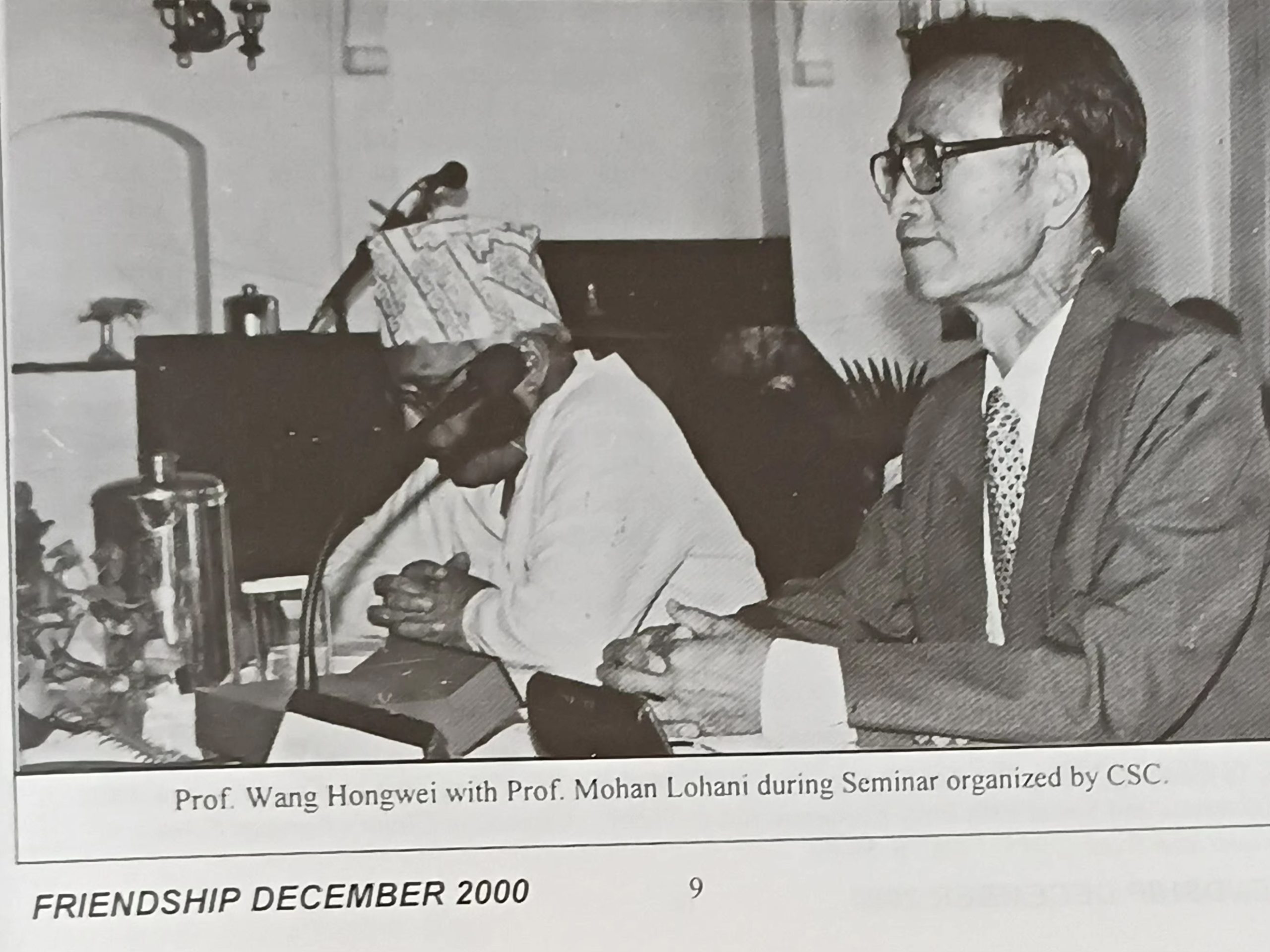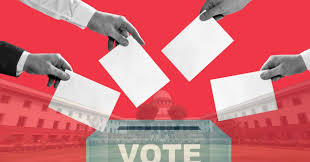
By Deepak Joshi Pokhrel
More than a month has passed since the Gen-Z uprising in Nepal. The movement toppled the Oli-led government and dissolved the parliament, sending the message that enough is enough. Inspired by Nepal's Gen-Z peaceful protest, many countries, including our immediate neighbor, have launched similar movements to fight injustices. Now, the moot question is why Gen-Z was forced to stage a protest against the government and political parties. The answer is simple: political actors, whether in government or in opposition, have looted the country while ordinary people struggle for their day-to-day survival.
We all know that the world is home to many religions and sects – Hinduism, Islam, Christianity, Sikhism, Buddhism, etc. Every religion was created to spread love and peace across the world. No religion was created with the intent to harm or cause suffering. Similarly, there are various political ideologies – democracy, liberalism, socialism, communism, and monarchism. These ideologies were conceived with the intention of promoting justice and preventing oppression.
Religion, according to its belief system, aspires to serve humanity, while political ideologies and philosophies aim to promote, at least in principle, good governance, national development, and the welfare of the people through their frameworks and institutions. To the contrary, political philosophies and ideologies in Nepal do not aim to serve the people but to satisfy the personal and partisan interests of political parties.
After years of struggle, we were able to restore democracy in the country. The people heaved a sigh of relief, believing that self-rule, or what we call democracy, would lay the foundation for an equitable, inclusive, and just society. But sadly, the politicians see themselves as no less than monarchs and enjoy privileges, while the majority of people remain underprivileged.
For quite some time, the top politicians of the major political parties have faced criticism on social media for their inaction and complicity in corruption, promoting nepotism and favoritism. The politicians in power disregard collaborative governance – something that is key to institutionalizing their parties. While committed and competent party leaders are marginalized, selfish, crooked, and incompetent politicians are catapulted to power.
Be it the Nepali Congress, UML, or Maoist Centre, all are controlled and managed by three individuals – Sher Bahadur Deuba, KP Oli, and Prachanda, respectively. Party values and beliefs are manipulated at their whim to ensure they remain in power indefinitely. When anyone dares to challenge party leadership, they are either expelled for defying party structures and values or marginalized under one pretext or another. Bhim Rawal, a senior leader, was expelled from the party for challenging Oli’s leadership, while Baburam Bhattarai was sidelined by Prachanda. Sher Bahadur Deuba marginalized Ram Chandra Paudel when he questioned Deuba’s leadership. This is not to imply that fringe parties are free from such unethical practices—they are not.
When we assess the political ideology of any party in the country, we will not find flaws in their philosophies or values. However, the problem lies in the mindset of the politicians. The so-called leaders are morally decayed, dishonest, unaccountable, ruthless, arrogant, and egoistic. It is foolish to expect something innovative from these select crooks perpetuating the vicious cycle of poor governance and corruption. It is for this reason that Gen Z protested against corrupt politicians and the political system, demanding an end to injustice and corruption.
At present, people do not trust even the constitutional bodies, including the CIAA and the Election Commission. They are aware that the chiefs of these bodies are appointed based on political connections and financial deals rather than personal experience or qualifications. In short, democracy has turned into partyocracy, as politicians easily manipulate party structures and values for personal advantage.
The tendency of politicians to make significant decisions without collaboration, accountability, or fear of consequence poses a grave threat to democracy. Likewise, the lack of impartial investigations and subsequent action against criminals has fostered a culture of impunity within parties. It would not be an exaggeration to say that this is the main reason behind Nepal’s chronic political instability and the prevalence of large-scale corruption scandals.
Amidst this gloomy political environment, a change in party leadership is the only way forward. However, this is not an easy task given the egoistic mindset of those in power. The leaders should shun their stubbornness and egoism for the broader interest of the party and the country. Their decision to hand over leadership to the younger generation would lay the foundation for their graceful exit. They should give up their lust for power.
We have already lost decades restoring democracy. Likewise, we have lost decades in conflict and post-recovery. We again lost a decade in the game of musical chairs played by three individuals – KP Oli, Prachanda, and Sher Bahadur Deuba. We cannot afford to spend another decade experiencing political instability caused by myopic and visionless politicians from all backgrounds. Change within parties will remain a mirage as long as these politicians remain in leadership. Hence, the need of the hour is reform within political parties on every front.















Comments:
Leave a Reply